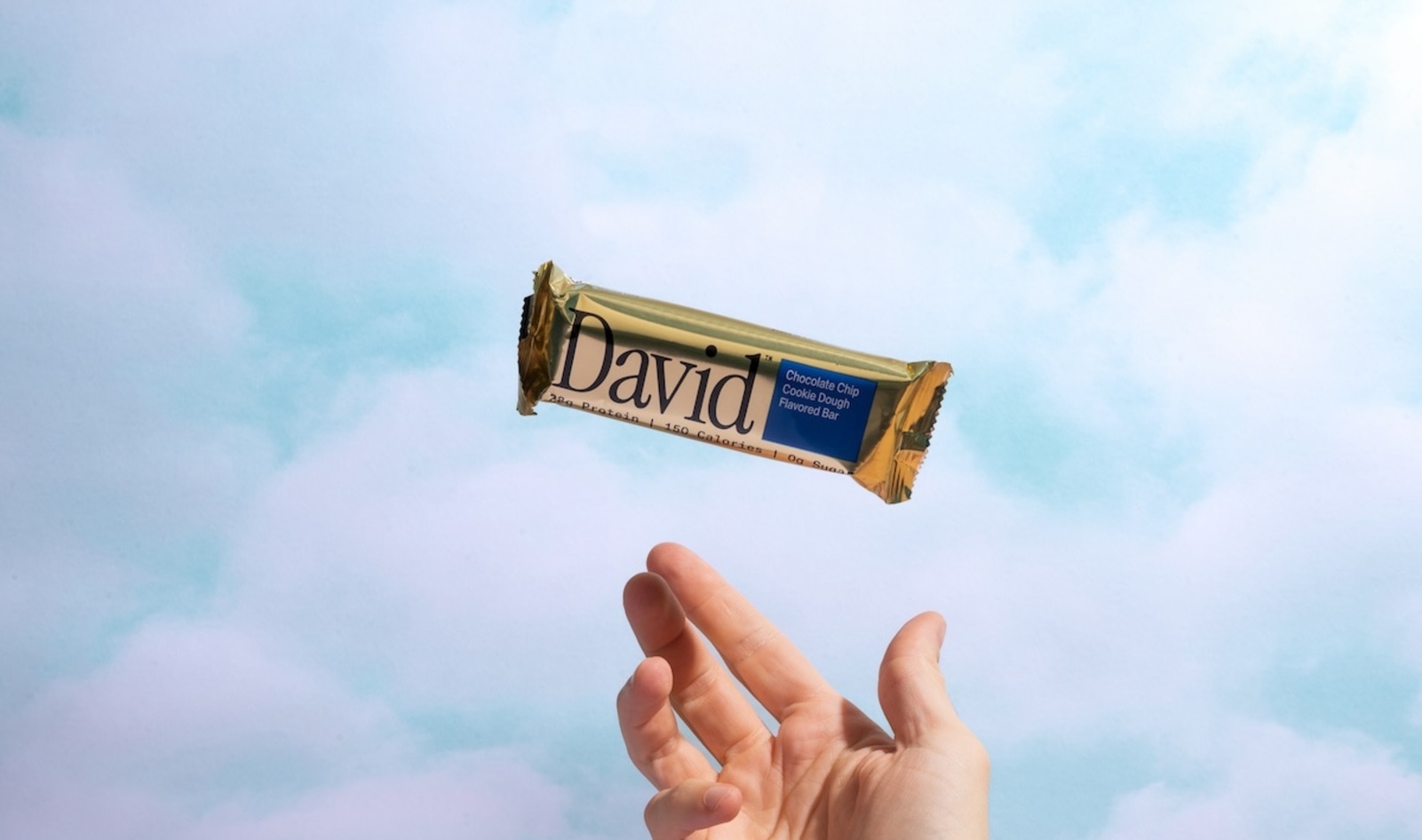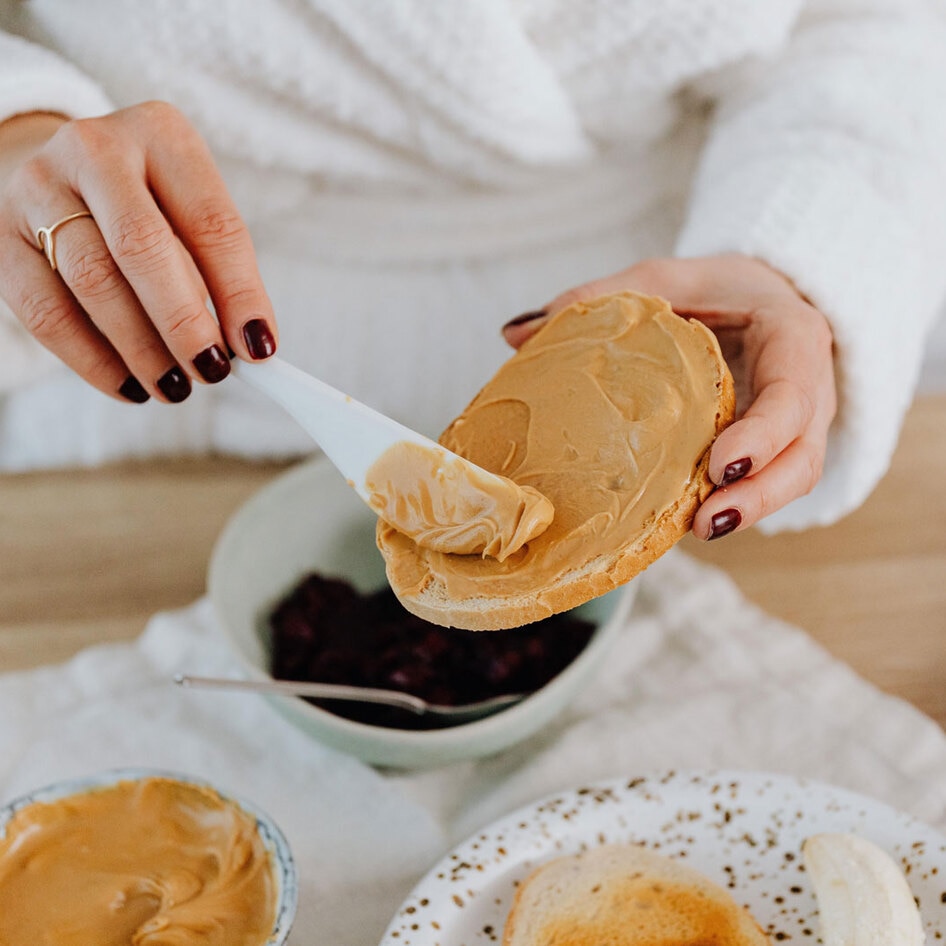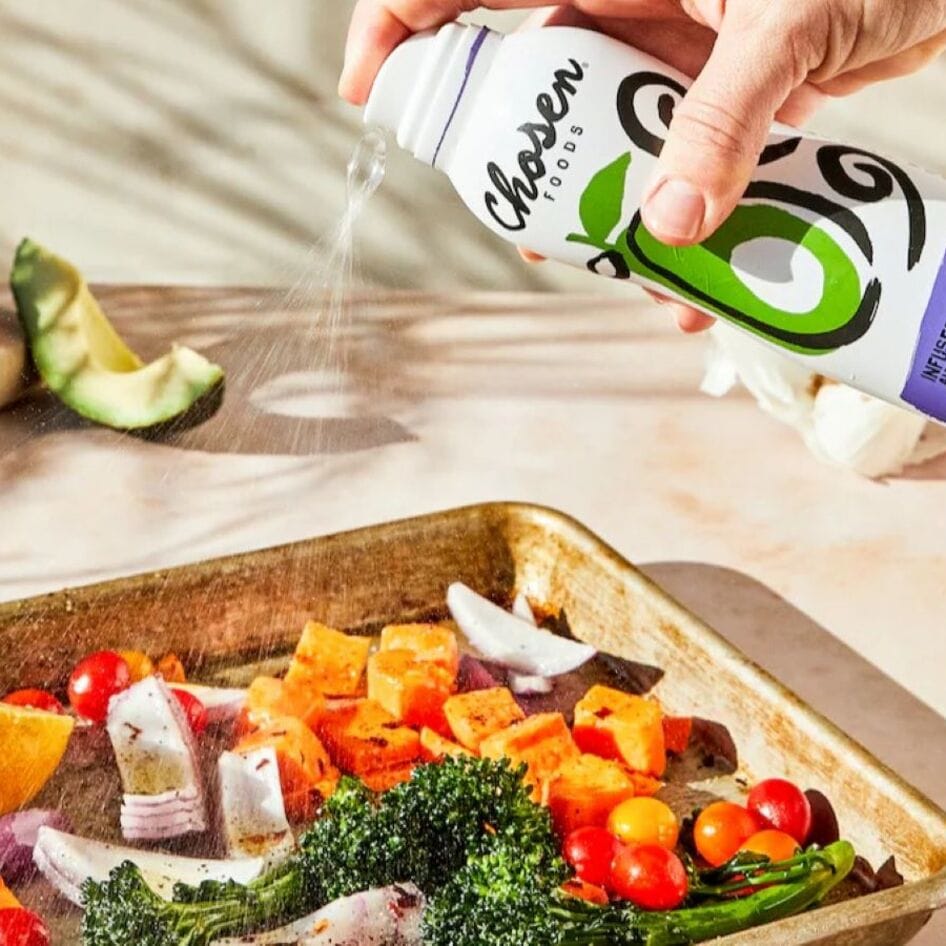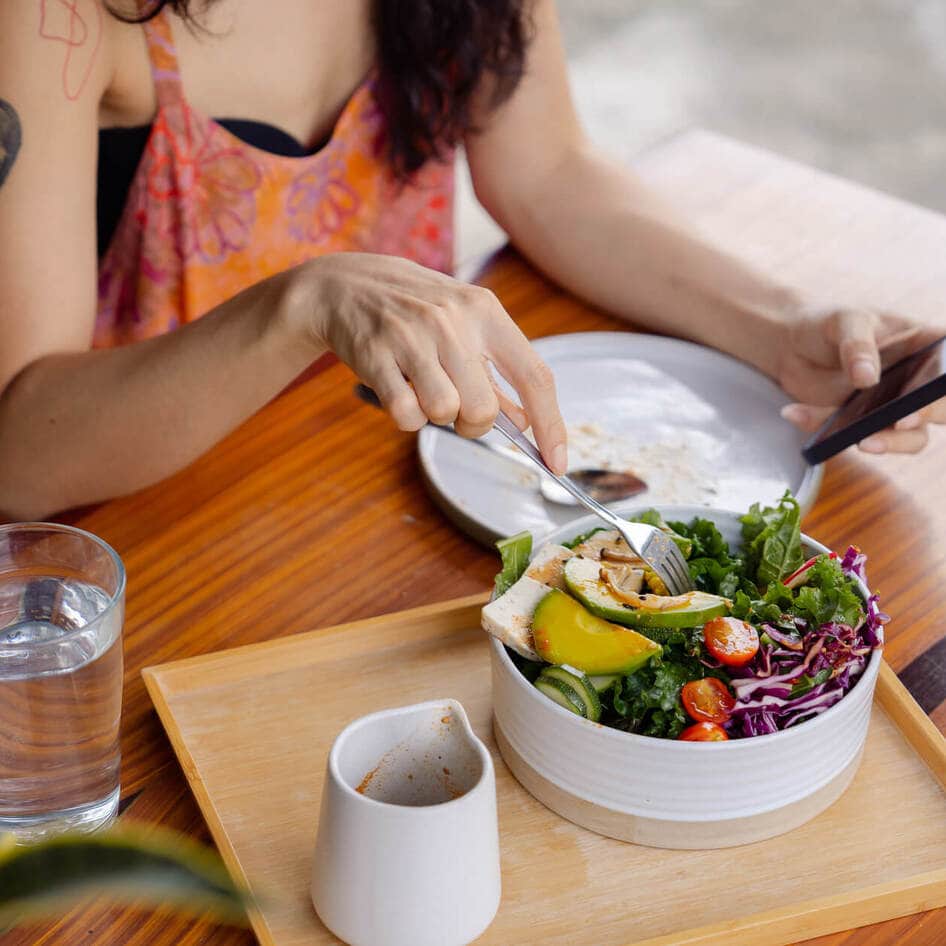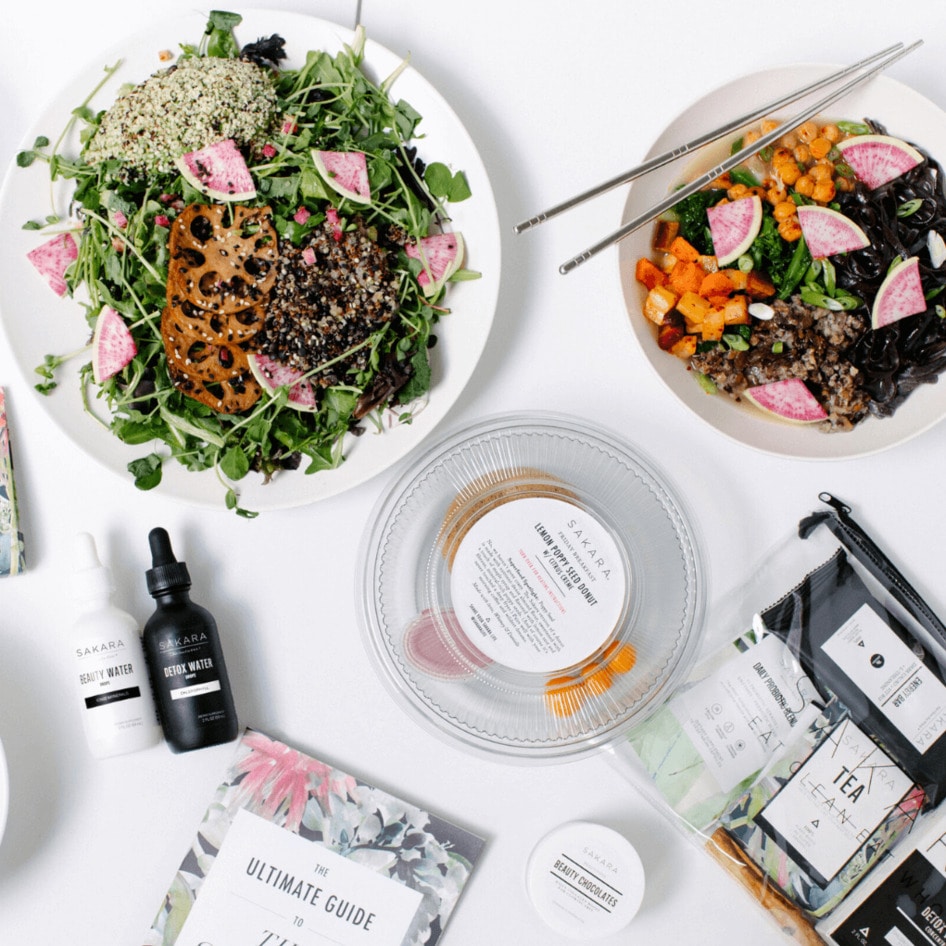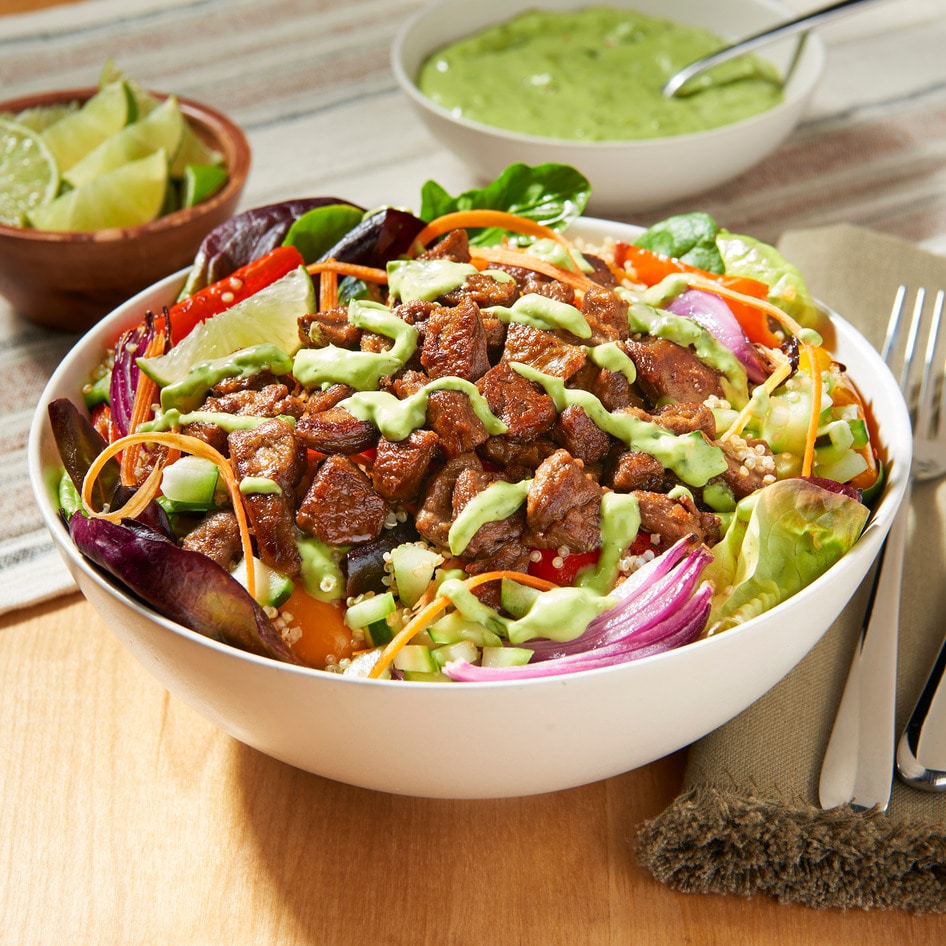In just eight months, David Protein has landed shelf space for its protein bars in more than 3,000 retail locations across the US. Since its September 2024 debut, the startup has been riding a wave of hype around its flagship offering: a protein bar with 28 grams of protein, zero sugar, and just 150 calories. Backed by an $85 million infusion from two funding rounds, including a $75 million Series A led by Greenoaks, the company is forecasting $100 million in revenue before its first birthday.
Co-founder and CEO Peter Rahal has positioned the brand as a solution to a broken food system. “Our mission is simple: to remove unnecessary calories and sugar from the American diet and replace them with what the body actually needs, which is high-quality protein,” he said in a press release, noting the response to David has been “overwhelming.”
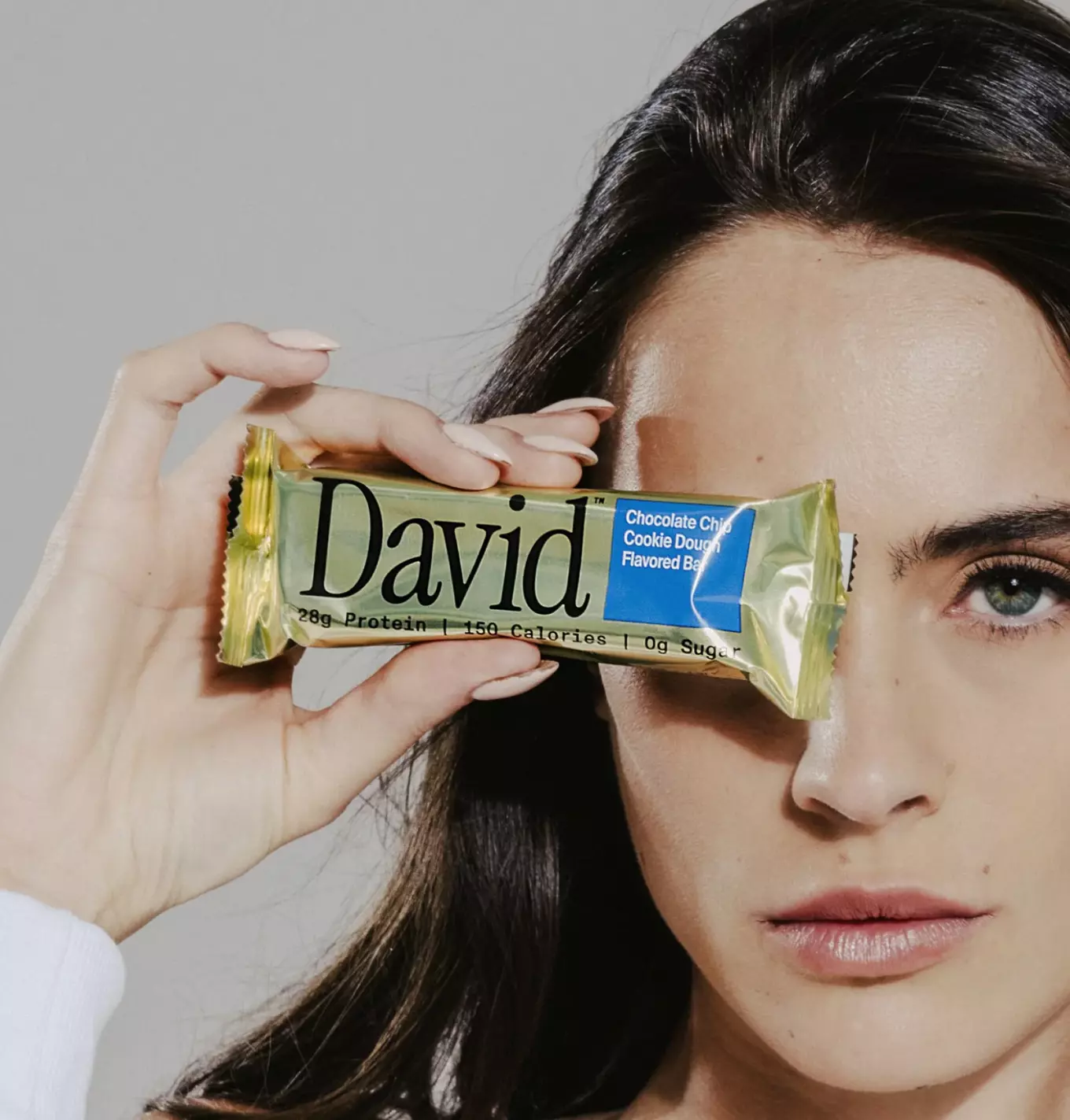 David Protein
David Protein
The funding will help the brand scale faster and “stay focused” on what it says is a mission of providing solutions to “support and improve” people’s health and well-being. “We’re building tools that make it easier to eat well without compromise,” Rahal said.
Greenoaks partner Neil Shah echoed that confidence, describing the bar as “delivering a high-protein and low-calorie bar that customers truly crave,” with some of the “most enthusiastic customer feedback” the firm has seen in the consumer packaged goods space.
David Protein lawsuit
But that momentum hit a wall in early June, when David Protein and its operating entity, Linus Technology, were named in a lawsuit filed in the Southern District of New York. Plaintiffs Own Your Hunger, Lighten Up Foods, and Defiant Foods—all small companies that rely on the same plant-based fat-replacement ingredient used in David’s bars—are accusing the startup of monopolizing the supply chain.
The target of contention is Epogee, the Indiana-based developer of EPG, or esterified propoxylated glycerol, a modified fat substitute that contains 0.7 calories per gram, compared to the nine calories found in conventional fats.
Kim Yawitz, RD, told PopSugar it’s the one ingredient “that gives me pause.” She says the EPG in David bars is made from modified rapeseed (canola) oil—turning it from a polyunsaturated fat into a saturated fat, which makes it non-digestible. Like palm oil, EPG provides texture in a low-calorie environment, but it has been linked to serious stomach issues. David acquired Epogee in May, just days before the lawsuit was filed.
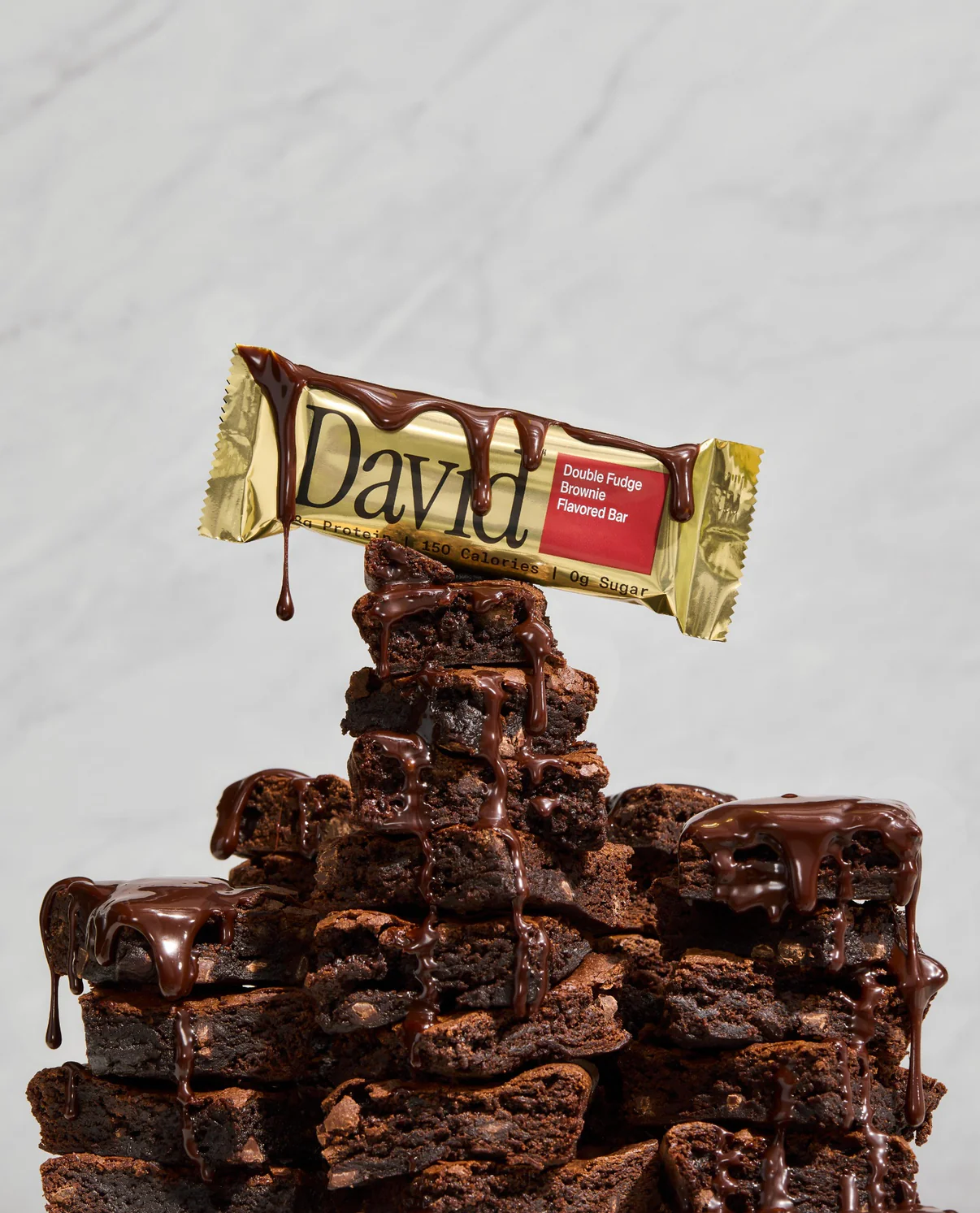 David Protein
David Protein
“We are not here to make another snack. We are here to advance nutrition,” Rahal said at the time of the acquisition. “Acquiring Epogee strengthens our ability to scale by securing a key ingredient that helps us reduce calories and fat without compromising taste. This is about gaining control over our supply chain to move faster, stay true to our mission, and deliver food that improves health.”
But according to the plaintiffs, David’s control over EPG does exactly the opposite: it threatens the survival of smaller companies dependent on the ingredient. Defiant Foods co-founder Mckay Fugal told Modern Retail that his company’s chocolate bar—formulated over several years of research and development—would not be possible without EPG. “Fat is a very important part of chocolate and, without it, we wouldn’t be able to call our product ‘chocolate,’” he explained. “All of us [companies] have built our businesses around EPG as a key ingredient. Without it, we don’t have a product, so David effectively put a lot of small businesses out.”
The lawsuit cites $107,000 in lost sales, nearly half a million in sunk R&D costs, and $15,000 in monthly operating losses tied to the supply disruption. Fugal also said the legal action was prompted by rumors of a possible acquisition weeks before the deal closed. Epogee, he said, had tried to reassure clients that supply would stabilize soon.
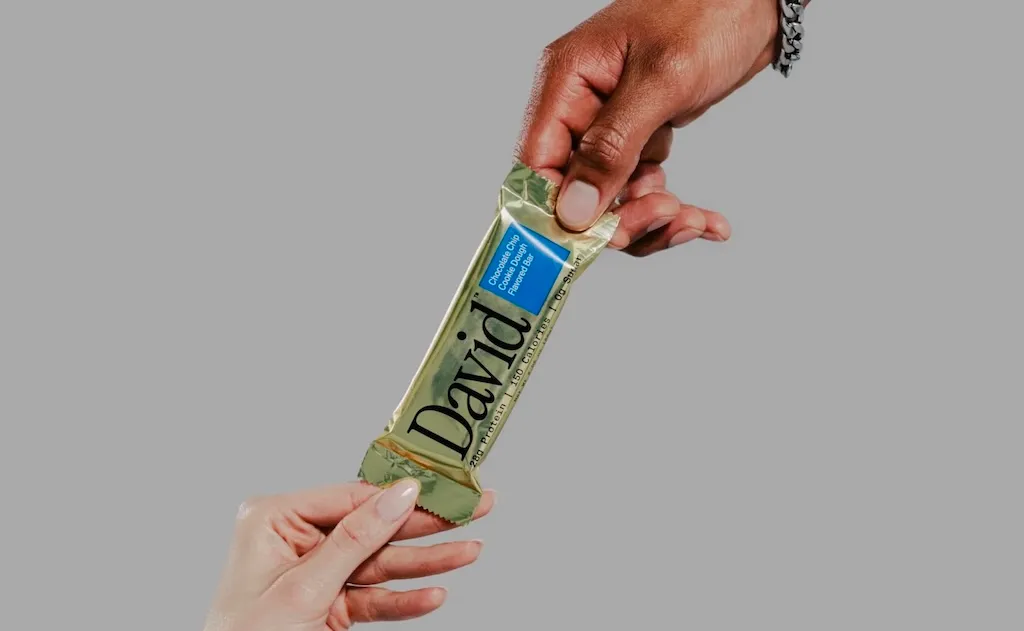 David Protein
David Protein
Own Your Hunger has since warned customers that it must discontinue several of its popular spreads due to the fallout. “We regret to inform you that we must discontinue our hazelnut spreads and our peanut butter spreads, as well as our Wondersquares, for a specific period of time,” founder Ruz Safai wrote on the brand’s website. “The majority of our time is now focused on immediate efforts on exploring potential options to save our company and other companies that use EPG.”
Consumer backlash has started to build, too. On Reddit, one David fan urged the company to reconsider “contemplating a monopoly on EPG.”
“Please realize that we, your customers, are also loyal to many other brands that are crucial to our diets and meal planning,” the Redditor wrote. “That we, your customers, will be devastated if our cherished and relied-upon brands disappear due to David restricting their use of EPG.”
David responded to similar comments on Instagram, “We understand the frustration—our decision to acquire Epogee was intentional, focused on securing supply chain integrity for our own formulation needs. It wasn’t about disruption; it was about control. That said, we hear you, and we don’t take lightly the impact this may have had on others in the space.”
Advertising and e-commerce attorney Rob Freund said the case is unusual. “Most antitrust litigation in CPG focuses on price-fixing or market allocation, and not on one company acquiring an ingredient and then cutting off competitors,” he told Modern Retail. “The case is certainly an outlier, and it’s pushing the boundaries of the ‘essential facility’ doctrine by applying it to a food ingredient.”
Despite his frustration, Fugal remains one of David’s customers. “I just believe there should be competition and they shouldn’t try to stop others from using EPG,” he said. “It’s disappointing to see that this is the move they’ve taken.”
David’s bars: healthy or not?
Even before the lawsuit, some critics in the food and wellness space had raised questions about David’s nutrition profile. The bar’s protein system includes milk protein isolate, collagen, whey protein concentrate, and egg white—blended with binders like maltitol, allulose, and soy lecithin, and fats including palm oil, modified plant oil, and coconut oil, along with artificial sweeteners sucralose and acesulfame potassium.
The inclusion of collagen has been especially controversial. Collagen is not a complete protein, missing the essential amino acid tryptophan. Board-certified dermatologist Nancy Samolitis, co-founder of Facile Skin, told Bazaar that collagen “gets digested by acids in the stomach,” meaning it’s neutralized before the body can do anything with it.
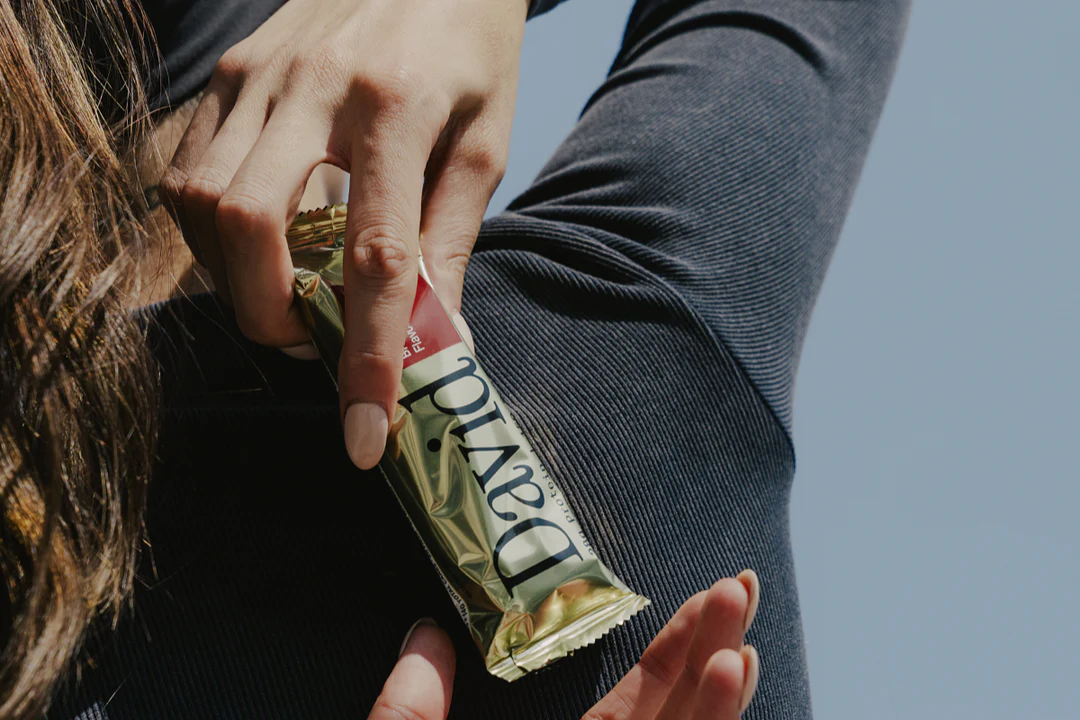 David Protein
David Protein
Harvard Health also warns that there isn’t enough proof that taking collagen pills or consuming collagen drinks will make a difference in skin, hair, or nails. Instead, it recommends using sunscreen, not smoking, and applying topical retinoids for skin health.
Egg whites, while rich in protein, carry their own issues. The Food and Drug Administration maintains a warning against consuming raw or undercooked eggs due to salmonella risk, and the spread of avian influenza has put significant pressure on the industry.
Artificial sweeteners and sugar alcohols like maltitol, while technically low-calorie, are known to cause digestive issues in sensitive individuals. Maltitol, in particular, has been associated with bloating and laxative effects. Though generally recognized as safe, these ingredients raise questions when consumed regularly, especially in highly concentrated forms.
BECOME A VEGNEWS VIP: Get exclusive product deals, freebies, and perks galore!
The brand’s use of modified oils also brings sustainability concerns to the forefront. Palm kernel oil, a key ingredient in David bars, has long been linked to deforestation and biodiversity loss in tropical regions. Coconut oil, another tropical fat source in the formula, has a high environmental impact relative to many other plant-based oils. Despite the emphasis on calorie reduction and protein maximization, the environmental footprint of such ingredients is far from negligible.
The healthy swap that may help you live longer, too
What alternatives exist for consumers seeking convenient, high-protein snacks without the ultra-processing? Increasingly, research recommends diets that resemble what’s eaten in the world’s five Blue Zones—global hotspots where large portions of the population live well past 100. These populations tend to eat predominantly plant-based diets. And while bars are convenient, they can easily be replaced with healthy, whole food swaps that typically tend to be cheaper, too.
Nutrition experts are increasingly calling for skepticism when it comes to highly marketed functional ingredients like collagen or modified fats. Samolitis noted that while collagen supplies amino acids, there is limited evidence that they are effective for improving skin, hair, or overall health, reinforcing the importance of evidence-based choices.
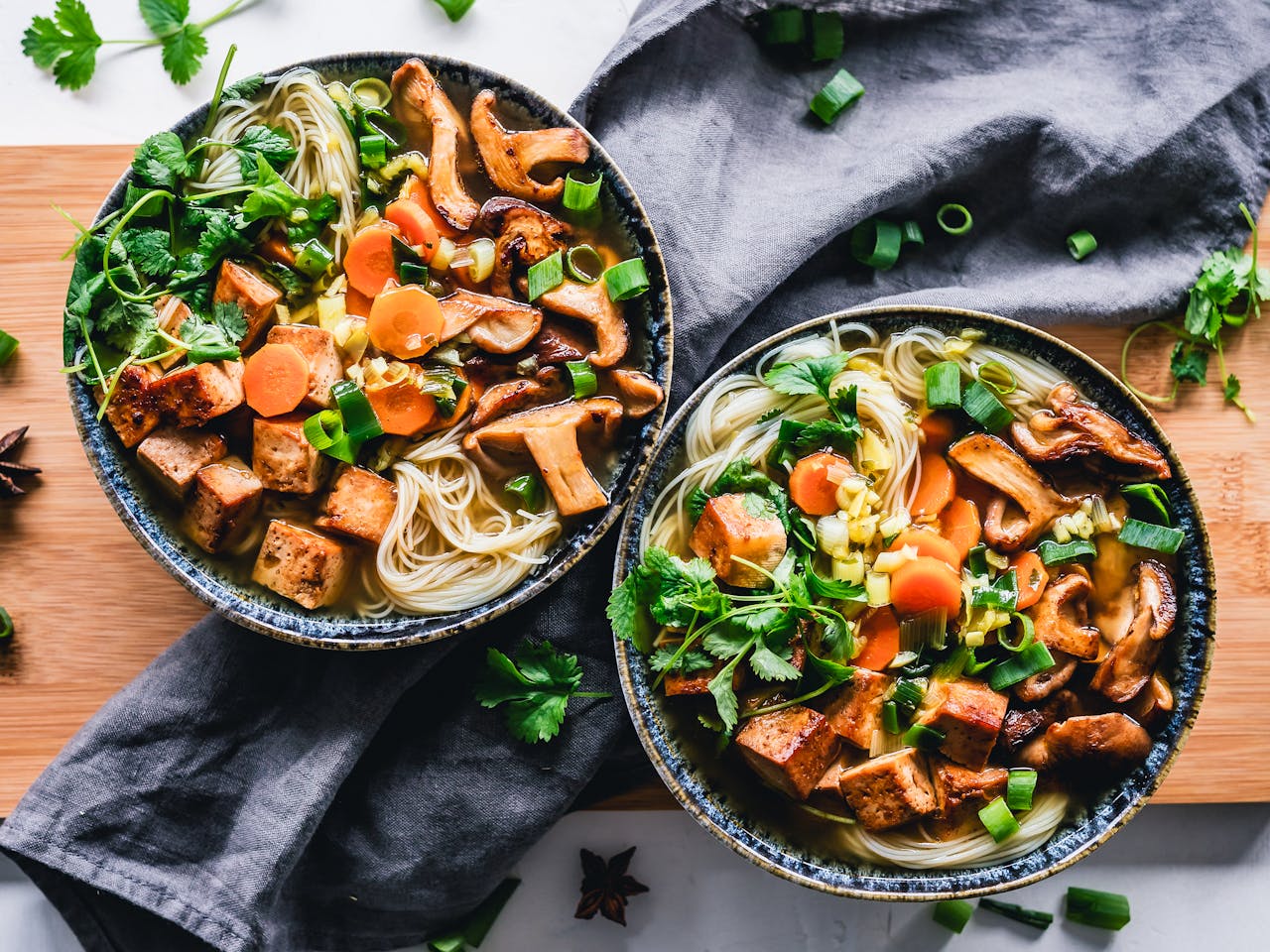 Pexels
Pexels
Some go-to swaps include chickpea or lentil-based snacks with minimal added sugars, homemade energy bites made with nuts and seeds, and plant-based smoothies using ingredients like pea protein, hemp seeds, and oats. For a whole-food approach, snacks like Greek-style almond, soy, or coconut yogurt with chia seeds or a mix of almonds and berries offer protein, fiber, and healthy fats without relying on processed fillers.
Even within the realm of packaged snacks, brands like Trubar are emerging with options that prioritize ingredient transparency, fewer additives, and lower carbon footprints. There are tried and true classics like Clif Bar as well. These products may not boast 28 grams of protein per bar, but they offer satiety and nutrient density in a more balanced, holistic form.
“If you’re falling short on protein, a bar can be a convenient way to fill the gap,” Yawitz said. But whole foods are almost always the better option, she notes. “And if getting enough protein is something you struggle with often, a dietitian can help you build a plan that works for your lifestyle.”
For more plant-based stories like this, read:
JUMP TO ... Latest News | Recipes | Guides | Health | Subscribe

